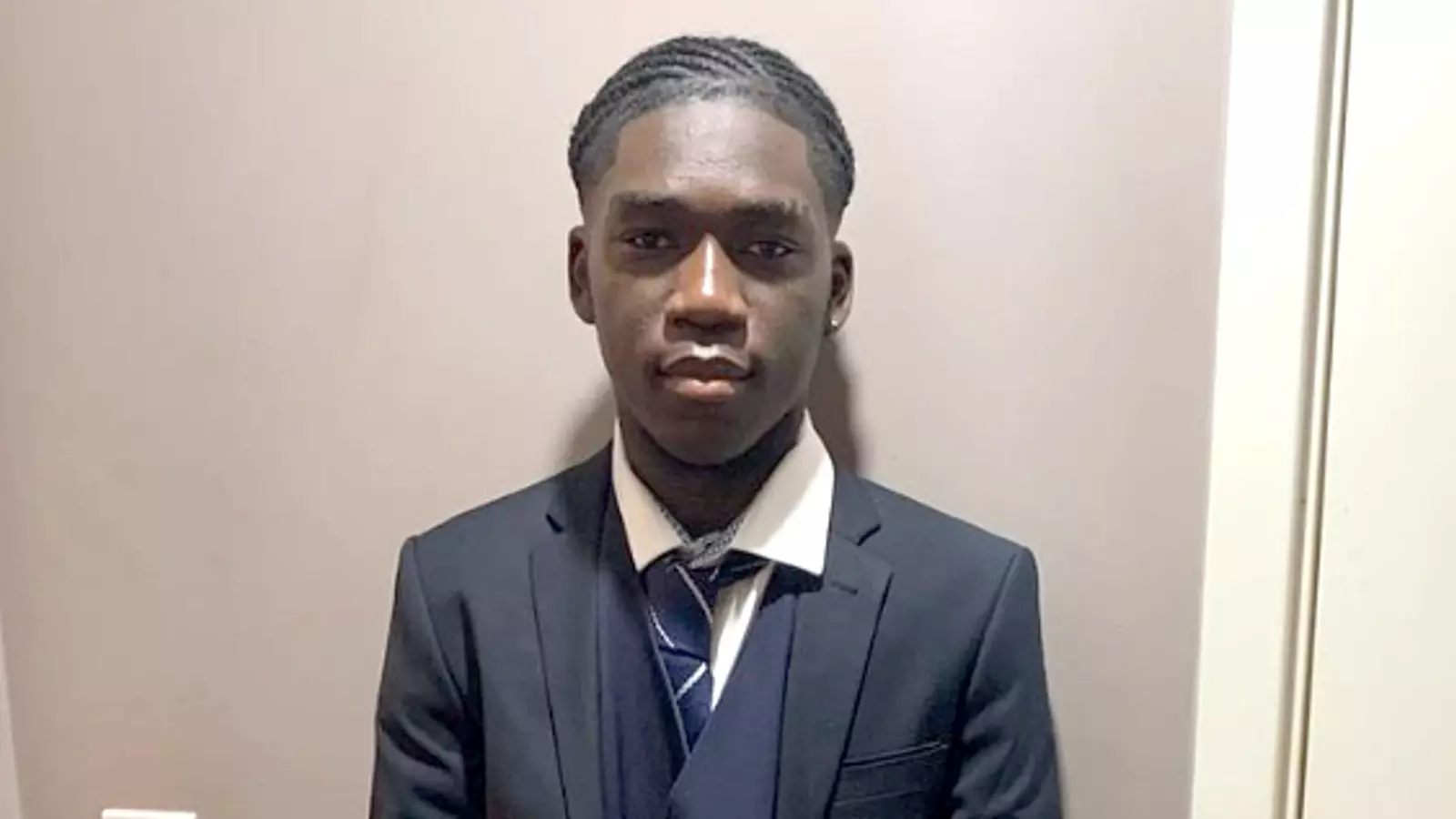The story of Marcus Fakana, an 18-year-old Briton sentenced to a year in prison in Dubai, underscores the profound complexities that can arise from seemingly innocent holiday romances. While such relationships can ignite excitement and passion, they can also lead to unforeseen complications, especially when cultural norms and legal standards differ dramatically across borders. This case not only highlights the precarious nature of young love but also brings to light significant issues surrounding jurisdiction, parental authority, and governmental support for citizens abroad.
Fakana was on vacation in Dubai with his family when he met a 17-year-old girl who also hailed from London. Their romance blossomed, leading them to conceal their relationship from her strict family. However, the repercussions of their clandestine romance became apparent when the girl’s mother discovered their interactions through social media and photographs upon their return to the UK. Fueled by concern and, perhaps, outrage, she filed a complaint with Dubai police, resulting in Fakana’s unexpected arrest. This starkly illustrates how rapid developments in one’s life can spiral out of control due to external influences.
Dubai’s legal framework operates under a strict interpretation of law, especially regarding matters of morality, sexuality, and age of consent. The UAE enforces an age of consent of 18, a cultural norm that sharply contrasts with the more liberal views commonly held in many Western countries. As explained by Radha Stirling, head of the advocacy group Detained In Dubai, the situation could have had a different outcome had the case been treated as a misdemeanour from the outset. Instead, what followed was a significant legal ordeal for Fakana, reflecting how essential it is to understand local laws prior to engaging in romantic relationships abroad.
Fakana has expressed feelings of abandonment by the British government since his situation came to light. In such trying times, the role of one’s government becomes pivotal. The response from the UK Foreign Office, emphasizing its communication efforts with the family, suggests an awareness of the challenges faced by citizens abroad; however, it raises questions on the efficacy and swiftness of diplomatic intervention. The spotlight on this case, driven by advocacy groups, signifies a growing need for robust support systems for individuals entangled in foreign legal disputes.
The plight of Marcus Fakana serves as a cautionary tale about the unexpected consequences of holiday romances in foreign lands. Young individuals must be educated about cultural differences and legal implications that can arise from their actions, particularly in countries with strict laws. Furthermore, the case emphasizes the necessity for comprehensive governmental support when citizens find themselves in distressing situations overseas. Ultimately, as travel and cultural exchange continue to flourish, enhancing awareness can help avoid similar predicaments in the future.



Leave a Reply